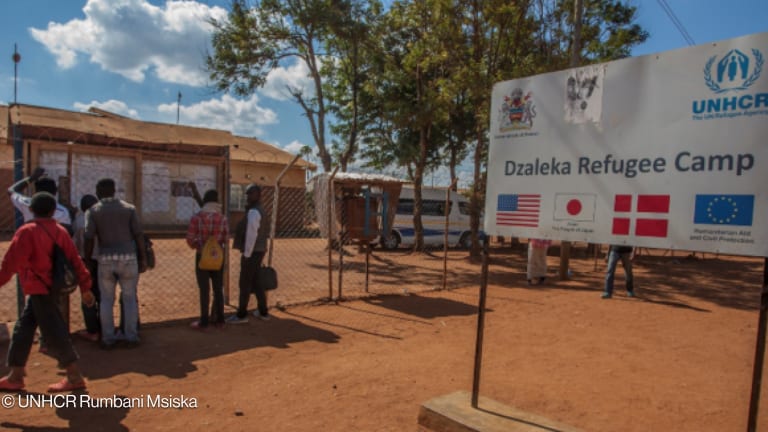AINKAWA, Iraq — Ibrahim has been waiting since May 2, 2010. First, he waited in his home village of Qaraqosh while his daughter was whisked away with shrapnel in her head and a shattered shoulder. Then he waited while she was treated for three days in a better hospital in the nearby city of Erbil. Doctors there couldn’t do more, so he waited again while they transferred her to Turkey for a string of complex surgeries.
His daughter, one of six children, finally came home, but he knew she couldn’t stay. To be in Iraq was to be reminded of that day, when she boarded a school bus to Mosul University that was bombed twice, leaving her and 69 other students wounded. “The situation in Iraq was so bad, she was so scared,” Ibrahim recalls now. He sent his family back to Turkey, while he stayed in Qaraqosh, earning the salary that would pay their rent and bills.
Two years later, Ibrahim’s family got lucky. The United Nations had taken their case for resettlement, and the family was accepted by the United States. They moved to San Diego, where the six children and their mother study, work and wait for their father to join them.






